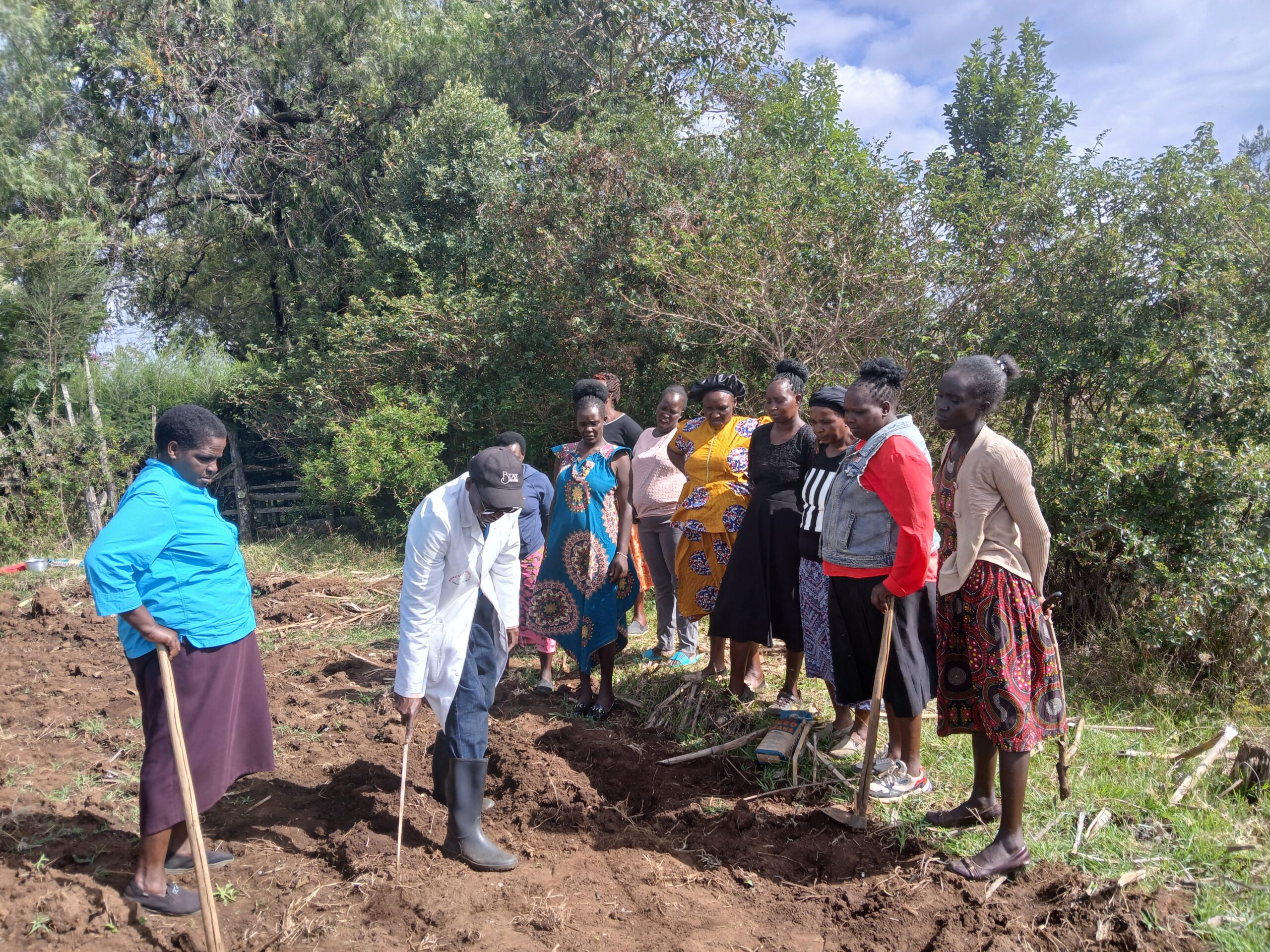Skills for Rural Women to Accelerate Equality and Sustainable Development

If you had a fruit or vegetable today, there’s 43% chance it was produced by a female farmer.
Studies show that women account for nearly half of the world’s smallholder farmers and produce 70% of Africa’s food.
Research shows that if women had the same access to productive resources as men, they would increase the yields of farms by 20%-30% and reduce hunger by up to 17%. In addition, women plough back profits to their households, therefore alleviating poverty from the bottom up.
Rural women face barriers in accessing information and using technology because of their limited education, financial and time constraints. Additionally, without access to credit, producers are unable to bear the risks and up-front costs associated with the innovations and investments necessary to enhance their productivity, income, and well-being. In Africa, women usually have almost no control of assets such as collateral and household property. Moreover, several hindrances lead to gender inequalities in access to and adoption of new and existing technologies and their adoption may be constrained by women’s lower ability to absorb risk.
It is crucial to link the women to locally available and accessible experts who can help them with information and knowledge applicable to their farming needs.
In our Game Changers workshops we have walked with the women in Solian every step of their journey to build their capacity to participate in better farming activities. During our wrap up for International Women’s History Month on March 30th, we held a practical farm demonstration for different types of crops grown by the participants.
This was timely because the planting season onset is from end of March to mid-April.
In this way, the women are confident that they will use the acquired skills to improve yields for the season.
Skills development and training could improve not only yields but decisions for nutrition and health choices for families and communities and further contribute to environmental . Given that women have vast indigenous knowledge of local plant species, this helps them provide a wide variety of nutritious food for their family, therefore curbing malnutrition at a household level.
This means that by enhancing women’s access to information, we are creating the opportunity to increase food production, reduce hunger and limit malnutrition, conserve the environment as well as increasing family income.
We aim to reach out to continue working with more women in communities through skills and education support, leadership and self development skills to enable them participate actively and fully in social, economic and other meaningful ways for sustainable development.
